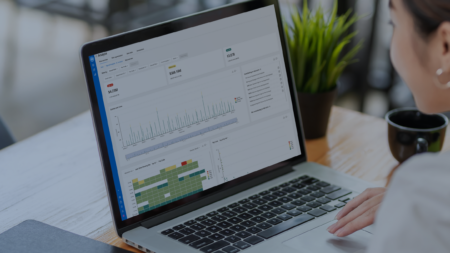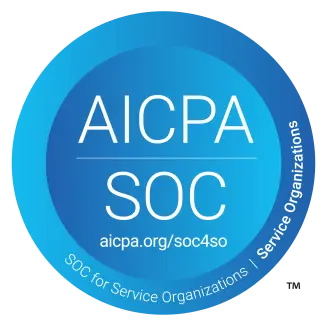Every week I interview entrepreneurs and experts from around the world to share their big idea about new forms of value creation and the potential we can unlock when technology augments the unique strengths of people to deliver remarkable impact.
Transforming financial auditing
I got inspired by the big idea behind MindBridge Ai, hence I invited CTO, Robin Grosset to my podcast. We explored the challenges in the financial auditing practice, and how, even after decades of automation, much of the practice is still very manual and sample based, leaving huge opportunities for fraud. Beyond that, we discussed why a human/machine approach will always provide the optimal combination to create exponential impact.
The thing that triggered me most from my interview with Robin
“The existing ways that we are analyzing or auditing financial transactions are inadequate with the rules based system, you’re only going to find something that you anticipate.
What’s the bigger value here?
If we only find what we anticipate, i.e., the cases that are highlighted based on the rules we have set, then what is the magnitude of what we are NOT catching? Robin addressed this by highlighting recent research from the Association of Certified Fraud Examiners. The number appears to be a number beyond imagination — but to put it in perspective — For every $1 we label as ‘fraud, misconduct, or irregularity,’ we’re missing out on $15. So, with current systems we’re only tracing 6.6%, and missing out on 93.4%! Translated, this is $500 for every person on the planet – every single year. And apparently (until recently) nobody was making a big issue about this, arguing ‘it’s not necessary to do anything different, this is the way we work’. This is a typical example of complacency and inertia in the workplace.
It’s about time the rules-based systems are going to be replaced by self-learning systems that are 24/7 active on finding new patterns, i.e., the +93% we’re missing out on. It’s the only way to win the fight against fraud. Doing nothing is not an option as data volumes and the number of channels we operate in keep increasing with extreme pace.
What significant fraud detection opportunity is raised?
What would be the impact on the economy and on society as a whole if this was solved? From my perspective, this is not only about finding the leaks in our systems, but very much about what we could do with the difference. Just look at the challenges we’re facing in health, education, or for example, public safety, simply because budgets are cut every single year. If these organizations would be able to 10x their ability to find fraud, misconduct, and irregularity — what could they do with that difference?
I would assume that there are many more areas like this to be uncovered — an opportunity and obligation for all of us to be sensitive about. I concur with Robin’s advice to look beyond the established conventions and existing standards. Only then will we be able to disrupt the status quo and increase (competitive) advantage.
On that notion — I concur 100% with Robin’s vision that the way to go about this is human-centric AI. In many industries, ‘black-box’ automation won’t work. Just think about how to explain black-box decisions in court? You’ll always need a person with a high-level understanding of the business context. Therefore, it’s about augmentation, not automation. Augmentation will allow human auditors to take their game to the next level, perform a better service to their clients, and be able to back their decisions up with clearly articulated evidence.
In other words: don’t be afraid that AI will take our jobs. It will not.
That said, doing nothing is not an option either: human auditors using AI will replace auditors who don’t. That’s an idea worth thinking about — also if you’re not an auditor.
Listen to the big idea behind MindBridge Ai, and why it has the potential to transform the way financial auditors deliver value.





